Chadians began voting for a president on Monday in an election ostensibly aimed at eliminating military rule, but critics of junta leader Mahamat Idriss Deby derided it as a ploy to avoid violent repression.
Voters will decide whether to maintain decades of Deby family dominance in one of the world’s poorest countries, a critical front in the fight against jihadism in the Sahel desert region.
In the absence of any other credible rivals, they have the option of supporting Deby’s own prime minister, Succes Masra, who detractors regard as a stooge.
At his final election rally on Friday, Deby guaranteed a “knockout in the first round”.
Masra also promised to win without a runoff, telling supporters, “For the first time, Chad will be yours, Chadians.”
International human rights organizations have warned that the election would not be free or fair because Deby’s major competitor has been assassinated and others have been barred from running.
Military rule
Deby was chosen transition leader by generals in 2021 after his father, longstanding president Idriss Deby Itno, was murdered in a gun duel with rebels after 30 years in power.
Mahamat, also known as “the Man in Dark Glasses” and MIDI, pledged an 18-month transition to democracy but ultimately extended it by two years.
Opposition figures have subsequently left, been silenced, or joined forces with Deby, and the junta has crushed any attempts by civil society to oppose it.
On October 20, 2022, the army and police fired on people protesting the transition extension, including members of Masra’s party, the Transformers.
According to foreign non-governmental organizations, at least 300 young people died, whereas the authorities claimed that 50 died.
According to his party, Deby’s cousin and main election competitor, Yaya Dillo Djerou, was shot in the head point blank by the army on February 28.
Masra was one of the opponents pushed out of the nation, although he eventually returned and was appointed prime minister in January.
The eight other contenders, who are either unknown or not perceived as antagonistic to the regime, are unlikely to receive many votes.
Not ‘free or democratic’
On Friday, the International Federation for Human Rights (FIDH) cautioned that the election appeared to be “neither credible, free, nor democratic”.
It cited “increasing human rights violations” in the country, including Dillo’s death.
The ICG cautioned that “a number of problems in the run-up to the balloting cast doubt on its credibility” (source).
These include provisions that allow officials to publish only regional tallies of votes rather than results from individual polling stations, making it hard for observers to check the vote count.
The ICG also criticized Chad’s Constitutional Council’s decision to prohibit ten rival candidates from voting in Deby strongholds.
As for Masra, it stated that “a significant proportion of his constituency now considers him to have become a stooge of those in power” — but some observers believe Masra is legitimately striving to become president.
The ICG and FIDH questioned the council’s independence, as well as that of another crucial election agency, the National Election Management Agency.
Poverty drives votes
The central African country, ranked fourth least-developed by the United Nations, has more than 8.2 million registered voters.
In a country where one-third of the population is between the ages of ten and twenty-four, a new generation of voters will cast their first ballot.
For 26-year-old literature student Idriss Amidou in the capital N’Djamena, Deby “is the only candidate who offers any hope” and the governing family “knows how to run the country”.
However, Eric Bendiguim, a 25-year-old law student at N’Djamena University, stated that his first vote would be for Masra.
“MIDI has already failed,” he explained.
“We do not have roads. We do not have electricity. We do not have good schooling. We don’t have enough food. It is pitiful.”
Voting centers across Chad’s vast, mostly desert area will be open from 6:00 a.m. (0500 GMT) until 5:00 p.m. (1600 GMT).
Results are expected on May 21, with a possible second round on June 22.





